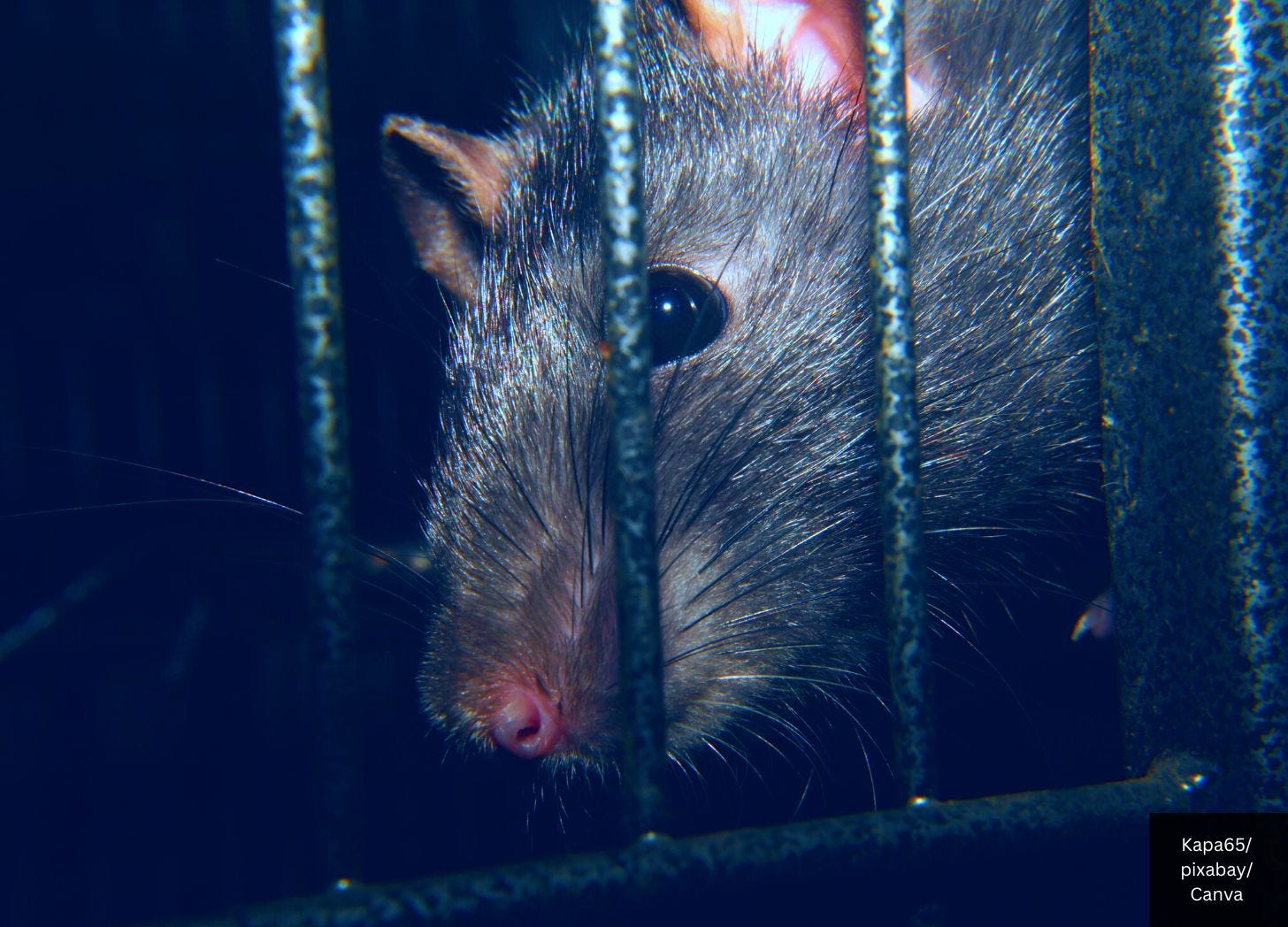'Autism-Like Behaviors' in Offspring of COVID-Vaccinated Pregnant Rats: Journal 'Neurochemical Research'
"Concerns have arisen about the potential neurodevelopmental implications of these vaccines, especially in susceptible groups such as pregnant women and their offspring," the authors write.
A new study published online Wednesday ahead of print in Neurochemical Research confirms COVID-19 mRNA vaccines “significantly” alter gene expression and brain cells and produce “autism-like behaviors” and reduced social interaction in rats.
“Concerns have arisen about the potential neurodevelopmental implications of these vaccines, especially in susceptible groups such as pregnant women and their offspring,” the authors emphasize.
They looked at how certain genes, brain chemicals, and other factors in rats relate to autism-like behaviors and brain changes, examining the “gene expression of WNT, brain-derived neurotrophic factor (BDNF) levels, specific cytokines, m-TOR expression, neuropathology, and autism-related neurobehavioral outcomes in a rat model.”
Pregnant rats received Pfizer’s COVID-19 mRNA vaccine (BNT162b2) during gestation.
“Subsequent evaluations on male and female offspring included autism-like behaviors, neuronal counts, and motor performance,” the authors write.
“Our findings reveal that the mRNA BNT162b2 vaccine significantly alters WNT gene expression and BDNF levels in both male and female rats, suggesting a profound impact on key neurodevelopmental pathways.”
Significantly, the authors noted that male rats “exhibited pronounced autism-like behaviors, characterized by a marked reduction in social interaction and repetitive patterns of behavior.”
There was also a “substantial decrease in neuronal counts in critical brain regions, indicating potential neurodegeneration or altered neurodevelopment.”
“Male rats also demonstrated impaired motor performance, evidenced by reduced coordination and agility,” the study confirms.
The study authors emphasized the need for “[m]ore extensive studies” in order “to confirm these observations in humans and to explore the exact mechanisms.”
They also called for gaining more information regarding the “risks” linked to the COVID jab.
“A comprehensive understanding of the risks and rewards of COVID-19 vaccination, especially during pregnancy, remains essential,” they write.
You can download the study below:
The study author affiliations include:
Faculty of Medicine, Department of Physiology, Izmir Katip Celebi University, Izmir, Turkey
Department of Radiotherapy Programme, Istinye University, Istanbul, Turkey
Faculty of Veterinary Medicine, Department of Pathology, Afyon Kocatepe University, Afyon, Turkey
Faculty of Medicine, Department of Physiology, Demiroğlu Bilim University, Istanbul, Turkey




